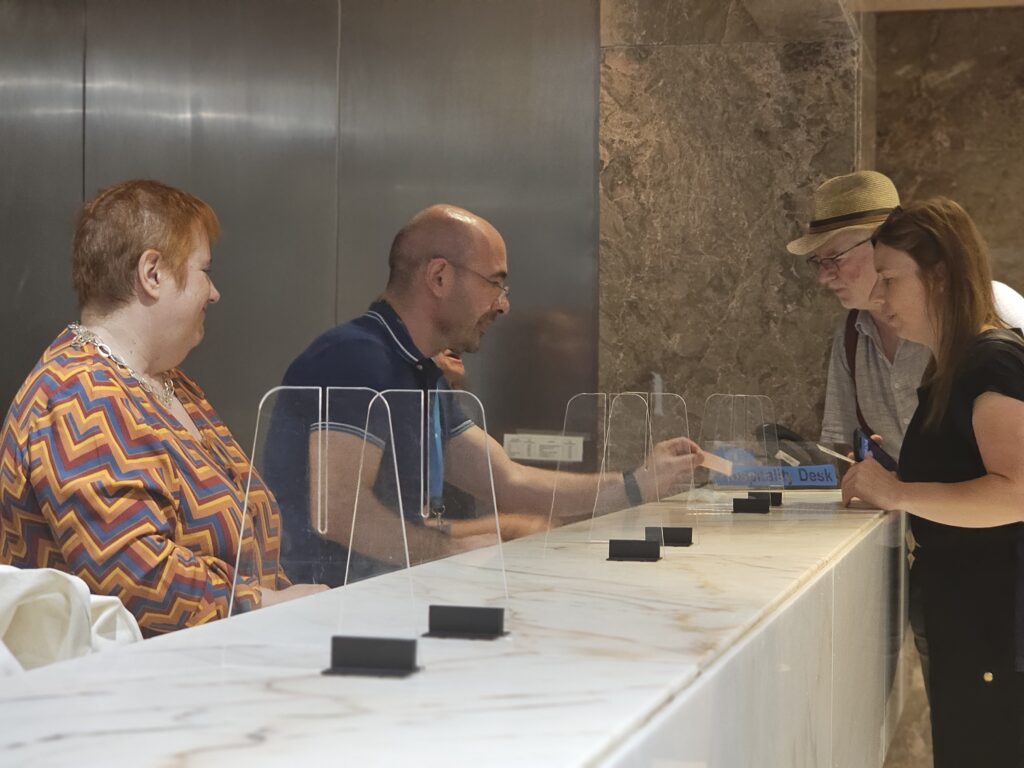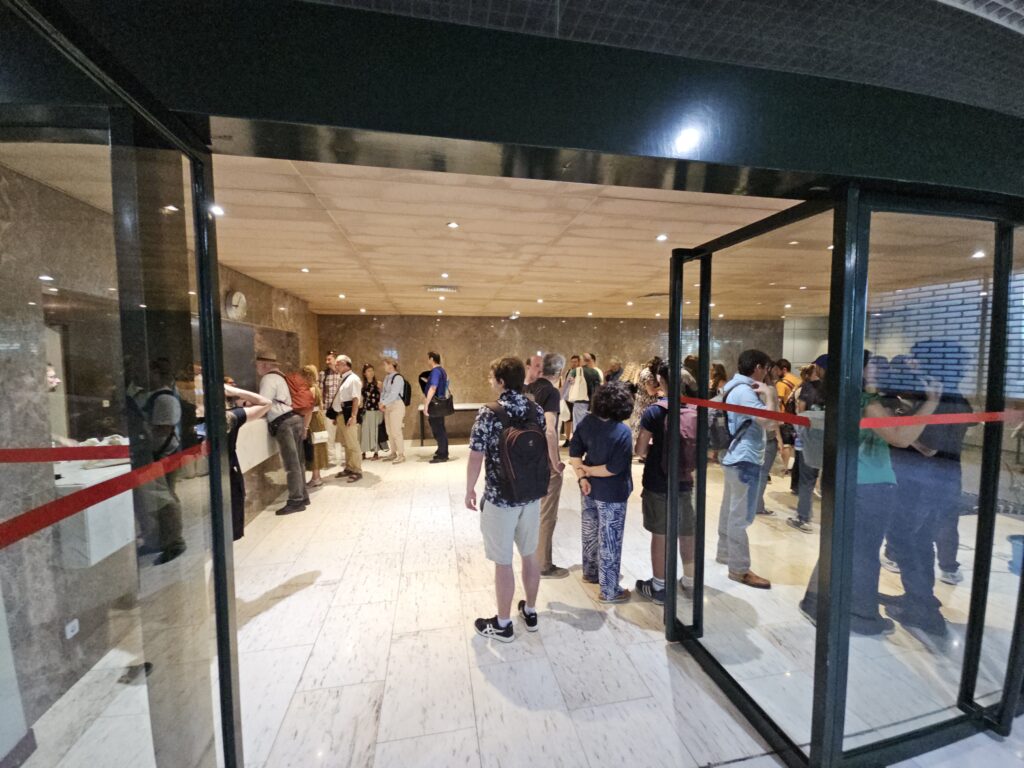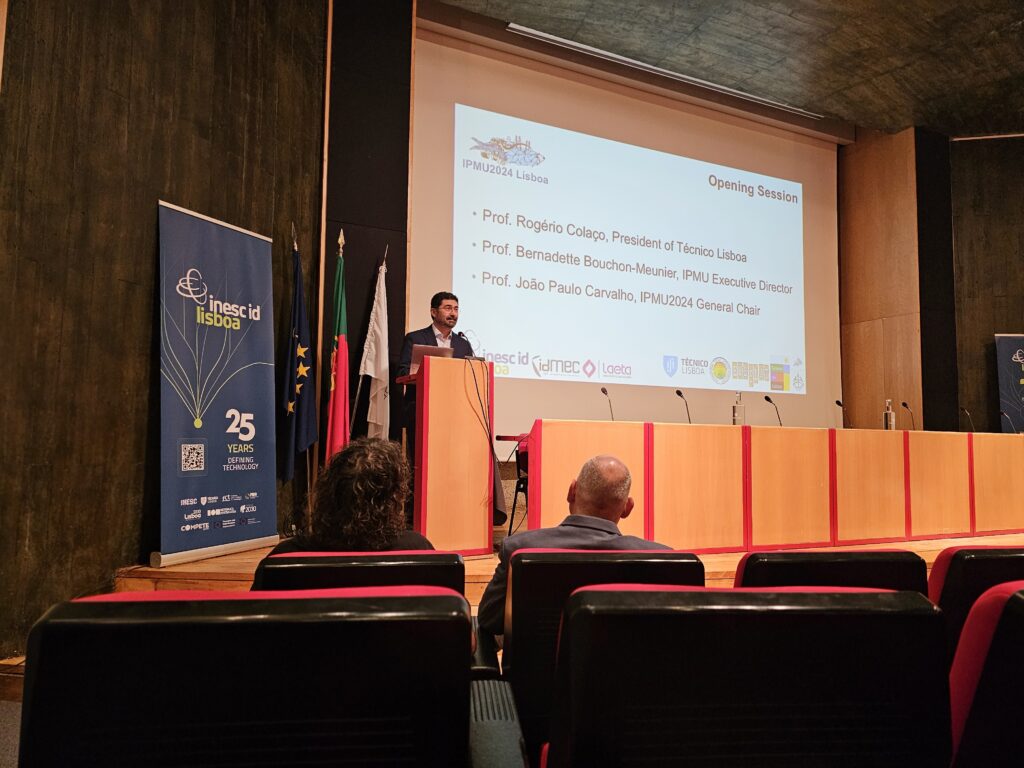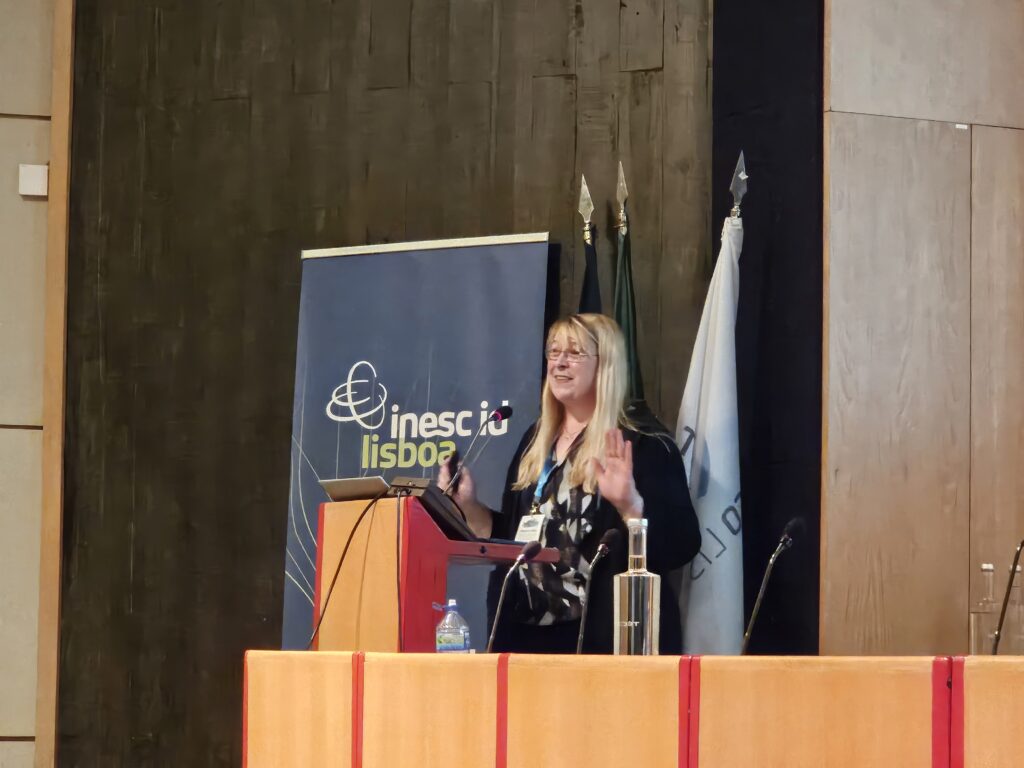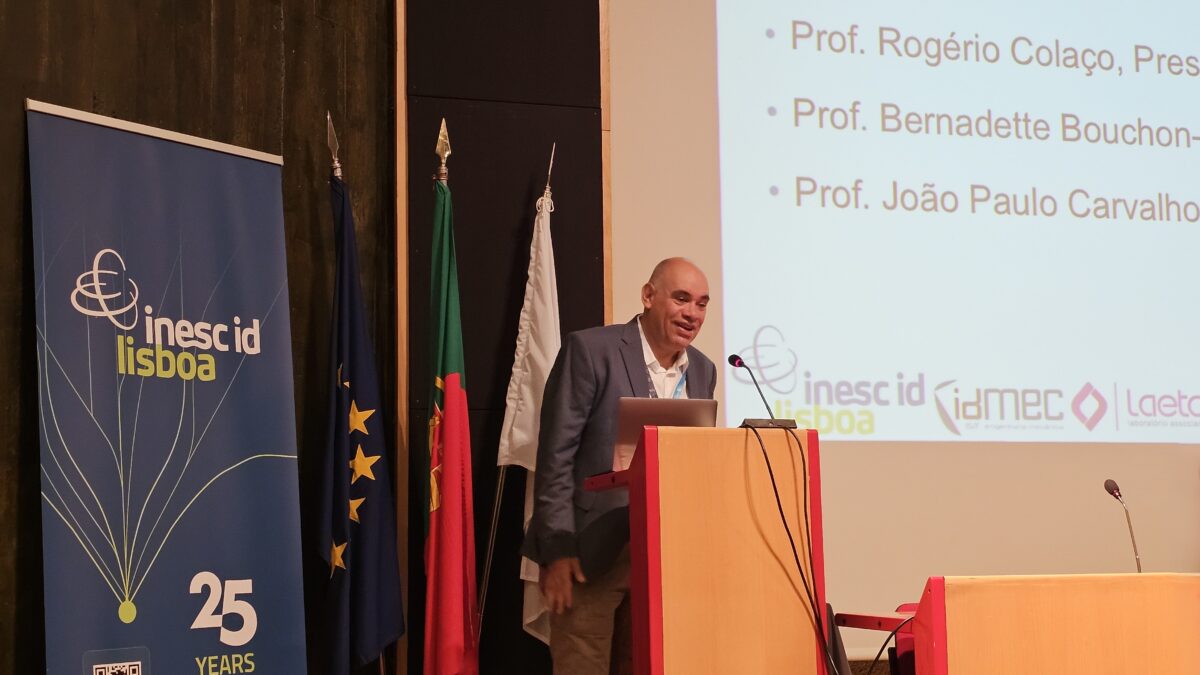
João Paulo Carvalho was the General Chair of IPMU2024
Navigating the Grey Areas: AI and Uncertainty at IPMU 2024
Almost nothing in life is black or white, rather a diversity of shades of grey. This is to say that uncertainty is everywhere, including in computational problems. But most of the time, engineers ignore this component of uncertainty, transforming it into zero/one solutions. “And then mistakes happen,” notes João Paulo Carvalho, from the Human Language Technologies research area, a board member of INESC-ID and a professor at Técnico. “When we move to real life, uncertainty takes on a different significance.”
Since 1986, computational scientists, mathematicians, and engineers gather every two years to discuss this topic at the International Conference on Information Processing and Management of Uncertainty in Knowledge-Based Systems (IPMU). It brings together everyone interested in developing methods for the management of uncertainty and aggregation, which allows for the management of data from multiple models and origins. IPMU2024, the 20th edition, happened from July 22 to 26 at Técnico, Lisbon, under the supervision of João Paulo Carvalho, the General Chair of the event.
Many things in the area have changed since João Paulo first attended an IPMU. “In 2008, hardly anyone in this area focused on Neural Networks (NN) or Artificial Intelligence (AI). Many thought they were dying,” João Paulo recalls. Now, with the rise and dominance of Large Language Models (LLM) it is what we all know. Both expressions have reached the mainstream, and every year and a half there is a jump in the area that turns previous knowledge outdated. Hence, uncertainty in AI has become one of the main topics in IPMU.
IPMU represents a privileged forum for the exchange of ideas between theoreticians and practitioners in these and related areas. Around 200 people, from 31 nationalities, attended the conference, with “very positive feedback,” João Paulo mentions. The event was also an opportunity to present some out-of-the-box topics, like the one introduced to a curious audience just on the first morning, by the keynote speaker Keeley Crockett, from Manchester Metropolitan University, UK, who gave a talk under the topic “People Powered AI – Challenges and opportunities in responsible and trustworthy AI development”.
Apart from a career in computational science, Keeley is very interested in bringing topics such as AI to the public. “I am a people person,” she confesses during a conversation after the talk. “I want to empower people to have a voice,” Keeley adds, referring to the roadshows she used to do, speaking to senior communities. “The challenge is making sure things are done ethically. It is a different level to talk companies into doing it properly. It takes time, and resources.” Money that SMEs may not have to invest in this, she notes. “It is a triangle and the key is legislation.” Recognizing there are lots of people working in the field of ethics in AI – “that has grown in the last three to four years” – there is still a gap to fill, and “it is the people.”
Text by Sara Sá, Science Writer | Communications and Outreach Office, INESC-ID / © 2024 INESC-ID
Images | © 2024 INESC-ID
